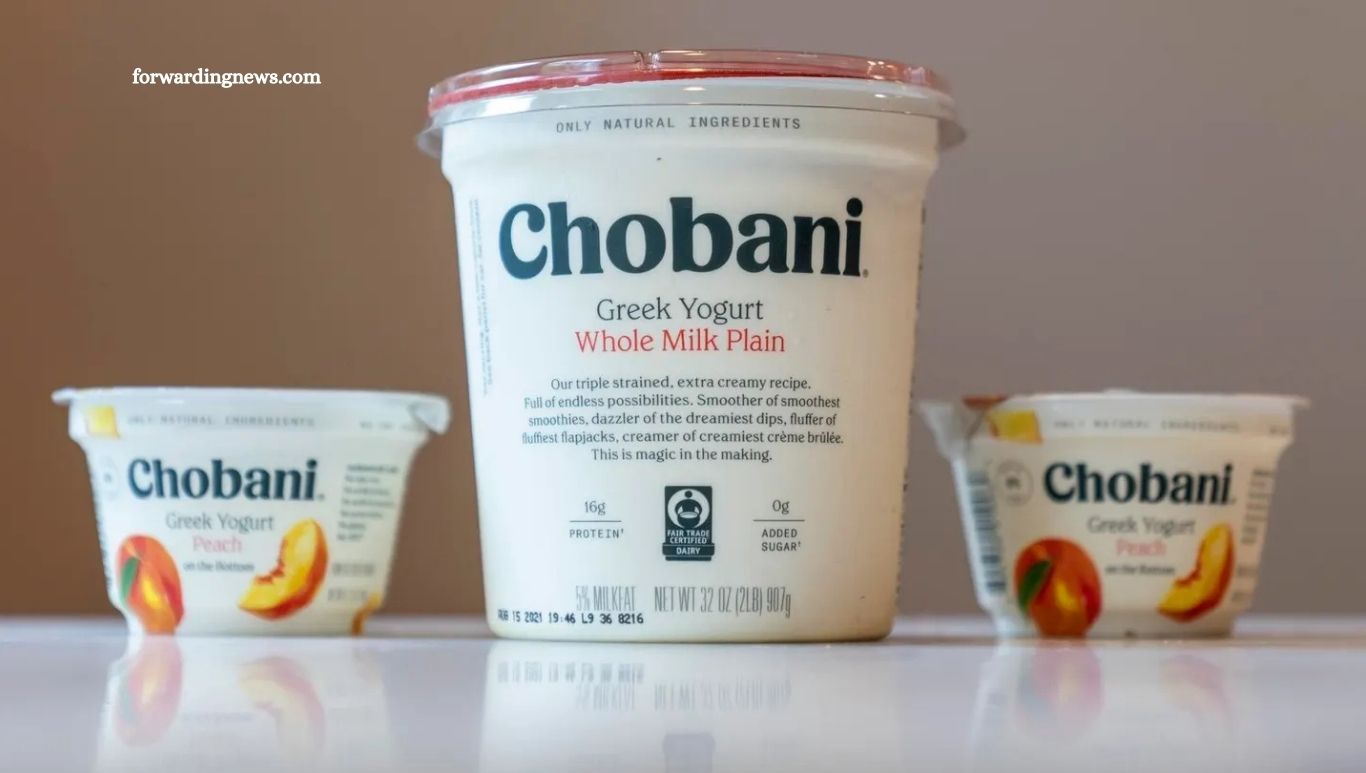At a time when the dairy industry faces immense pressure from shifting consumer habits, trade wars, and economic uncertainty, Chobani offers a rare beacon of optimism. Founded by Turkish-American entrepreneur Hamdi Ulukaya, Chobani has defied the odds, not just surviving but expanding when others are retreating.
With a bold $1.2 billion investment in two new dairy plants—primarily in upstate New York—Ulukaya’s commitment signals a belief in the future of American dairy, local communities, and sustainable food systems. For Northeastern farmers and workers, this is more than corporate growth; it’s a lifeline. In this Fresh Take, we’ll explore why Chobani’s approach is succeeding where others falter and what this means for the broader food, agriculture, and sustainability landscape.
Read More: Pre-K Workbooks to Enhance Critical Thinking Skills
The Current Struggles of the Dairy Industry
The American dairy sector has been under siege for years. Factors like plummeting milk prices, consolidation of large agribusinesses, and a consumer shift toward plant-based alternatives have put small and mid-sized dairies on the brink. Particularly in the Northeast, family-run farms are closing at an alarming rate as production shifts to Chobani larger, industrialized operations out West. Trade disputes have further complicated exports, adding financial strain on already vulnerable producers.
Chobani’s Roots: A Different Dairy Story
Chobani’s success story is deeply personal. Founded in 2005 by Hamdi Ulukaya, an immigrant who believed in the American Dream, the company began in a defunct yogurt plant in New Berlin, New York. Ulukaya’s philosophy was simple yet profound: produce high-quality, affordable yogurt while investing in the local community. This community-first approach quickly distinguished Chobani from corporate giants prioritizing profits over people.
A $1.2 Billion Bet on the Future of Dairy
In the face of industry headwinds, Ulukaya is doubling down. His $1.2 billion investment includes the construction of a new state-of-the-art plant in upstate New York, with another facility upgrade in the works. This move not only increases production capacity but also reinforces Chobani’s commitment to domestic sourcing, local jobs, and rural revitalization. It’s a bold statement: dairy still matters, especially when done right.
Sustainability at the Core of Chobani’s Expansion
Chobani isn’t just building bigger; it’s building smarter. The new facilities are designed with sustainability in mind, incorporating energy-efficient technologies, Chobani waste reduction initiatives, and partnerships with local farms to minimize environmental impact. This aligns with broader consumer demands for transparency and eco-consciousness in food production.
Community Impact: Jobs, Farmers, and Local Economies
For communities in upstate New York, Chobani’s expansion is a lifeline. The investment promises hundreds of new jobs, revitalized supply chains, and stable partnerships with regional dairy farmers. Ulukaya’s philosophy of shared success means that when Chobani grows, so do the families and small businesses that support its operations.
Navigating a Shifting Consumer Landscape
While traditional dairy faces challenges, Chobani has adapted by diversifying its product lines to include plant-based alternatives and health-focused innovations. Yet, the company remains rooted in its core dairy offerings, emphasizing quality, nutrition, and authenticity. This balanced approach has helped Chobani maintain relevance in a rapidly evolving market.
Hamdi Ulukaya’s Vision: Business as a Force for Good
For Ulukaya, Chobani is more than a business; it’s a platform for positive change. He believes corporations have a responsibility to their workers, communities, and the planet. His leadership reflects this ethos, from offering generous employee benefits to supporting refugee hiring initiatives. Ulukaya’s belief is clear: true success is measured not just in profits, but in impact.
Frequently Asked Questions
Why is the dairy industry struggling right now?
The dairy sector faces challenges from falling milk prices, consumer shifts to plant-based alternatives, and the consolidation of large agribusinesses. Trade wars have also disrupted key export markets.
What makes Chobani different from other dairy companies?
Chobani emphasizes community investment, sustainable practices, and high-quality products while maintaining affordability and social responsibility at its core.
How will Chobani’s $1.2 billion investment help local economies?
The investment will create jobs, stabilize regional dairy farming, and stimulate rural economies in upstate New York and beyond.
Is Chobani also investing in plant-based alternatives?
Yes, Chobani has diversified its offerings to include oat-based yogurts and other non-dairy products, responding to consumer demand for healthier and sustainable options.
How is Chobani addressing sustainability in its operations?
The new plants will feature energy-efficient systems, waste reduction strategies, and partnerships with local farms to ensure environmental responsibility.
What is Hamdi Ulukaya’s leadership philosophy?
Ulukaya believes businesses should prioritize people, community, and purpose over profits alone. His initiatives often focus on social good, such as refugee employment programs.
Why is Chobani’s growth seen as a beacon of hope for the dairy industry?
At a time when many are downsizing or exiting the dairy business, Chobani’s commitment to expansion signals faith in the industry’s future and offers a sustainable, community-centered growth model.
Conclusion
Chobani’s rise amid the turbulence of the dairy industry isn’t just a business success story—it’s a testament to the power of purpose-driven leadership. Hamdi Ulukaya’s vision combines community investment, sustainable growth, and Chobani product innovation, offering a model for how food companies can thrive while staying true to their roots. In a sector plagued by uncertainty, Chobani’s bold moves offer a much-needed reminder: when businesses prioritize people and planet alongside profit, they can illuminate even the darkest times.

